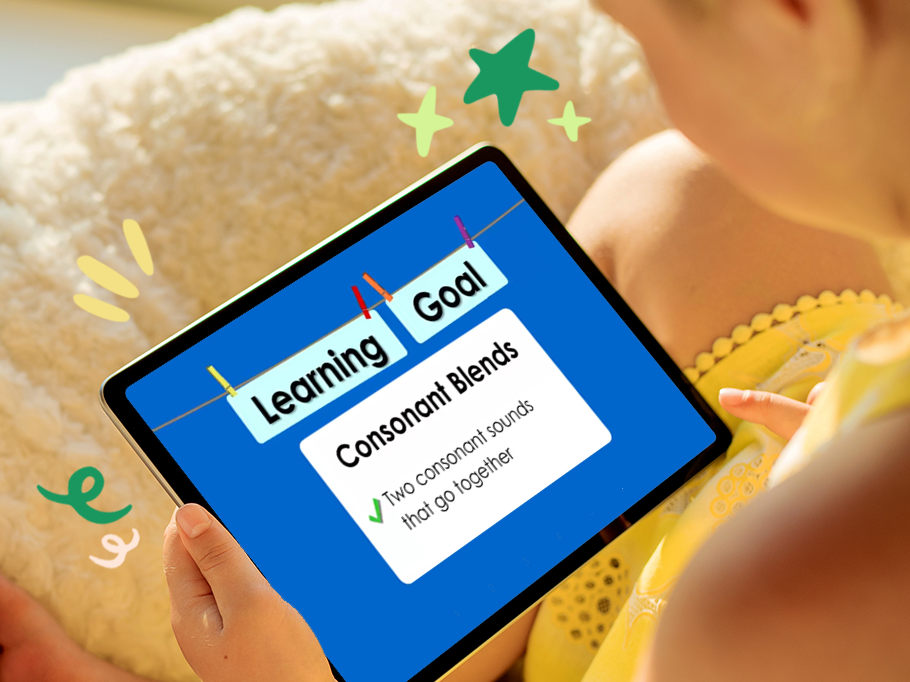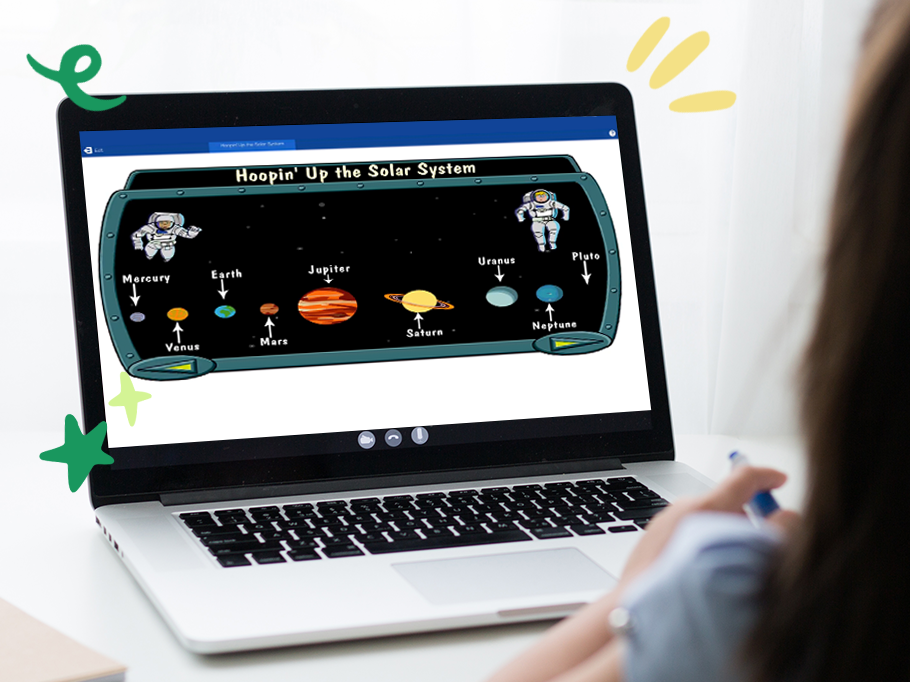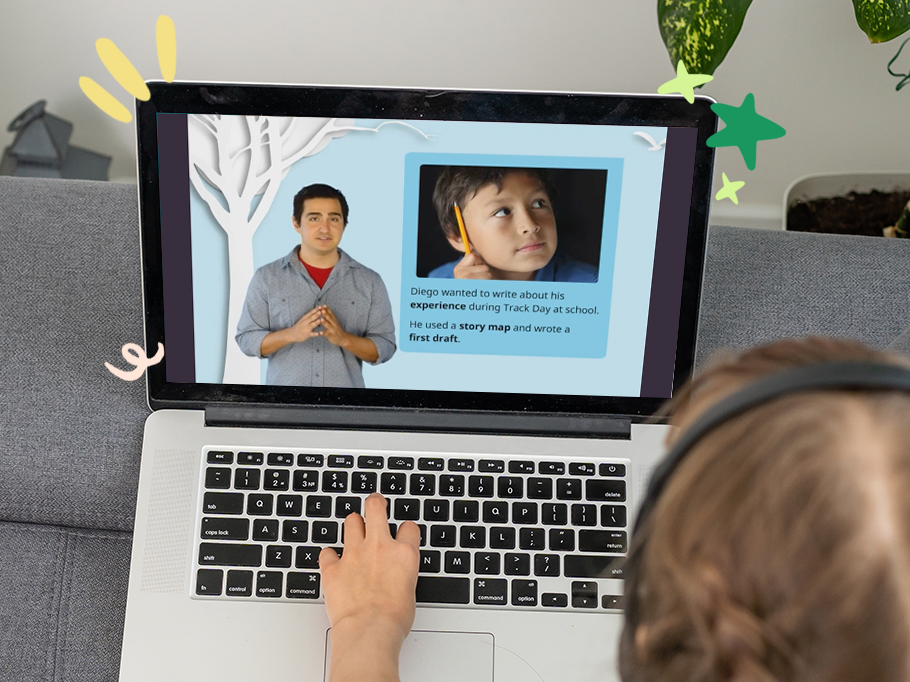How to homeschool in New Jersey


New Jersey homeschooling laws and options
We have done our best to ensure the accuracy of this information, however it should not be interpreted as legal advice. It is your responsibility to interpret and understand the laws that you will be homeschooling under.
How to homeschool with Time4Learning in New Jersey
FPO lifestyle image



New Jersey’s high school graduation and diploma requirements

Standardized test requirements for New Jersey homeschoolers

Applying to college as a homeschooler in New Jersey


















